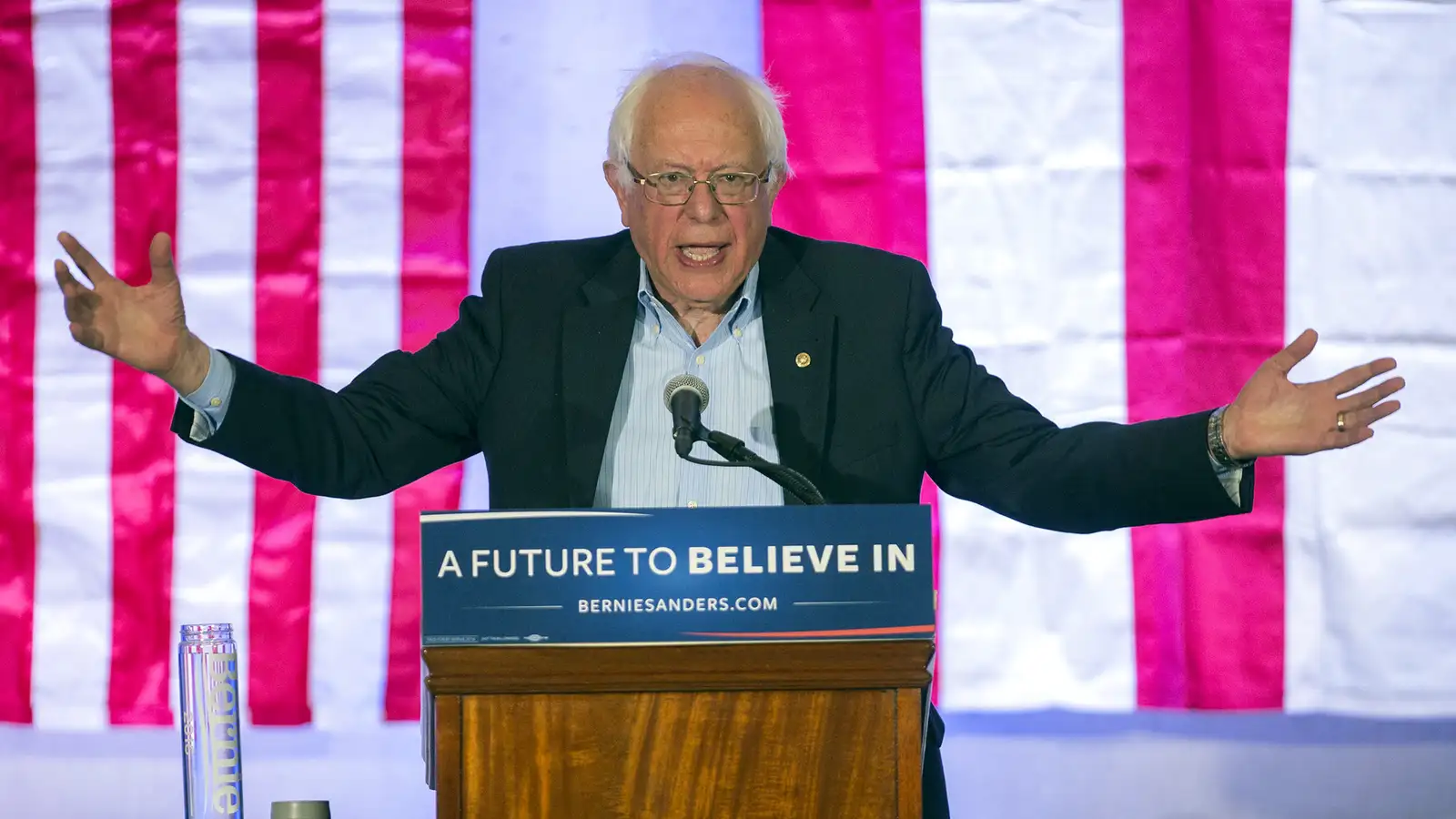The financial mood is heady. The price of bitcoin is surging, forcing deep thinking about the nature of money. Meanwhile, Republicans in Congress are embracing voodoo economics as they enact a tax cut that will add $1 trillion or more to national debt.
These developments suggest an idea whose time may have come: America’s deficit doesn’t matter. The gap between spending and revenue is just an accounting identity, after all. If you think about it, can a government that prints money really run out of money? What if we just…let that stress about borrowing go, and lived a little, fiscally speaking?
The idea that deficits aren’t a useful metric is central to modern monetary theory (MMT), a way of looking at the economy that suggests the bromides offered by politicians about balancing the budget and paying your bills aren’t just outmoded, but downright pernicious. It’s hardly the economic mainstream, but what is these days? With Treasury secretary Steve Mnuchin producing an analysis of the tax bill that starts with an assumption of higher growth (paywall) and works backward from there, perhaps anything goes.
A new theory of the economy
As Stephanie Kelton, an economist and Bernie Sanders adviser who has helped popularize MMT, explains, the dollar is fiat money: It has value because the government says it has value, principally in the form of paying taxes. When the government runs a deficit—it spends more than it takes in taxes—that number isn’t a measure of money wasted. It’s being returned to the economy (paywall), where people and businesses can apply it to all kinds of useful things.
What about interest payments, and the legendary debt vigilantes coming in to ratchet them up and punish a profligate government? The government can simply…create more money to pay them off. The only obstacle to a free-spending government is inflation; if the economy runs too hot and the value of the dollar starts to fall, only then will reducing the deficit make good sense.
MMT proponents have come out on the right side of the past decade’s debates over inflation: The US economy has sat below the Federal Reserve’s inflation target for years, despite low unemployment and rising wages. Even former Fed chair Ben Bernanke criticized Congress for cutting spending during the recovery. As the Fed continues to increase interest rates, bigger deficits could keep the US economy growing and help with the shortage of safe investment assets.
“The national debt is not a national crisis,” Kelton said in a Dec. 1 interview. “The fact that 21% of all children in the United States live in poverty—that’s a crisis. The fact that our infrastructure is graded at a D+, that’s a crisis. The fact that income inequality is at 1920s levels is a crisis. The fact that wages haven’t increased in real terms, that’s a crisis.”
Still, many economists aren’t on board with these ideas. Though they recognize that governments can treat debt far differently from families or businesses, they fret about what a free-spending policy might mean for the dollar in a world of capital mobility, where US money competes with European and Chinese currencies. Many fear a scenario like that of Greece, an economy which experienced run-away debt and found itself at the mercy of its creditors. Yet most economists recognize that Greek suffering came mostly because it was trapped in Euro currency zone, without control over its own money supply. MMTers often note that Japan, a developed economy with its own currency, bears an enormous debt load placidly, with its biggest problems coming from demography.
An old theory of political communication
You’d think “don’t worry about the deficit” would be an easy political pitch—only 2% of Americans reported that the federal deficit was their top political concern in a September Gallup poll. Yet it seems unlikely that mainstream politicians will leave deficit rhetoric behind. They aren’t held to account for flip-flopping on federal borrowing, and the debt is a convenient excuse for all kinds of inaction. Many voters also identify personally identify with fears about debt, since they don’t have their own currency-setting ability to protect them.
Democrats decry debt when it pays for tax cuts for the wealthy, even though they argue for bigger deficits to invest in health care or infrastructure. Meanwhile, Republicans who say $1 trillion or more in new deficits caused by their tax cuts don’t matter are already warning that they will need to cut Medicare and Medicaid next year…because of the deficit (paywall).
The most famous MMT-inspired policy was a plan to avoid a fiscal crisis by minting a commemorative platinum coin worth $1 trillion. This coin would have allowed the government to avoid a fiscal crisis after Congress spent more money than it was legally allowed to borrow.
Minting the coin may have been legally and economically feasible, but Barack Obama’s administration was reluctant to do something so unprecedented. After all, these were the same people who bent over backwards to ensure their massive health insurance expansion reduced the deficit; the biggest complaint afterward was that subsidies hadn’t made insurance affordable enough.
Kelton and other proponents of a more activist government are hoping the particularly brazen approach that Republicans are taking with their tax-cut bill will help Democrats let go of their debt hangups. Perhaps a second Bernie Sanders presidential campaign would boost MMT the way it popularized single-payer healthcare (paywall).
That would at least make for a more refreshing debate about what the government should do in the economy. Without bad deficit math to fall back on, Democrats could focus on how the tax cut will exacerbate income inequality, without boosting economic growth. And Republicans playing by voodoo economics rules would have to show why cutting social insurance payments to the elderly and poor is good on its own terms, not just a matter of accounting.
